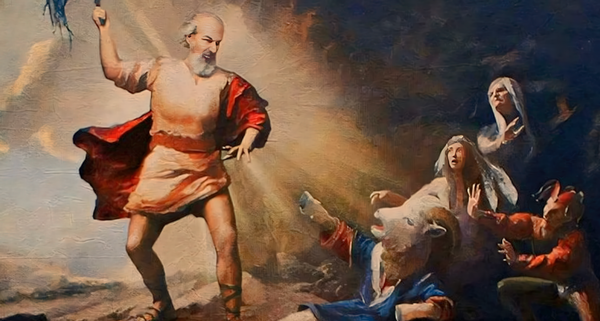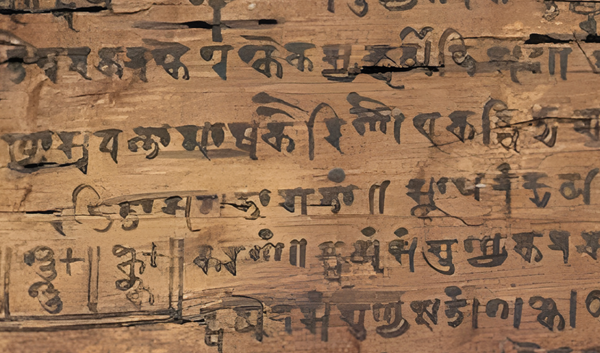Glorious Accident Interview with Rupert Sheldrake

“Through no fault of our own, and by dint of no cosmic plan or conscious purpose, we have become, by the power of a glorious evolutionary accident called intelligence, the stewards of life’s continuity on earth. We did not ask for this role, but we cannot abjure it. We may not be suited to such responsibility, but here we are.” -Stephen Jay Gould
Ever wanted to know Rupert Sheldrake’s thoughts on some of the most basic questions about life?
- What is the nature of our consciousness?
- What concepts has our consciousness developed about our temporal existence?
- What will we derive most from our consciousness: knowledge or understanding?
- What were the questions that fascinated you when you were growing up?
- What questions keep you spellbound today?
From the popular PBS series, A Glorious Accident. This is the complete interview with Dr. Rupert Sheldrake. From the back cover: Some of the most brilliant minds and creative thinkers of our time meet … Oliver Sacks, neurologist, psychiatrist, and author of Awakenings. Rupert Sheldrake, controversial cell biologist and biochemist. Daniel C. Dennett, philosopher of consciousness and author of Consciousness Explained. Stephen Toulmin, physicist and philosopher of science. Freeman Dyson, a physicist with particular interest in mathematics, nuclear physics, and astrophysics. Stephen Jay Gould, paleontologist and popular writer on evolutionary biology all scientists and philosophers, minds of reputed extraordinary scope and imagination, to publish the presumed boundaries of scientific theories and philosophical ideas in a series of unprecedented interviews.
Each interview covers the major ideas, work, philosophy, and questions that confound each of these intellectual giants. The series of six individual interviews concludes with a “clashing of minds” as all six scholars join in a three-hour discussion to ponder the fundamental scientific, philosophical, and ethical questions of our time. Do they have the answers? If they don’t, who does?




